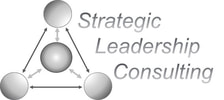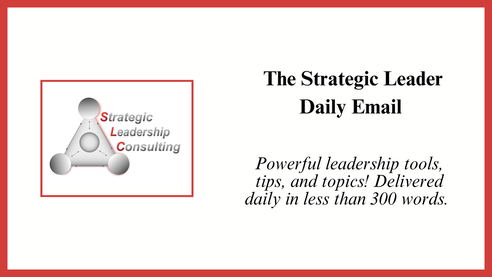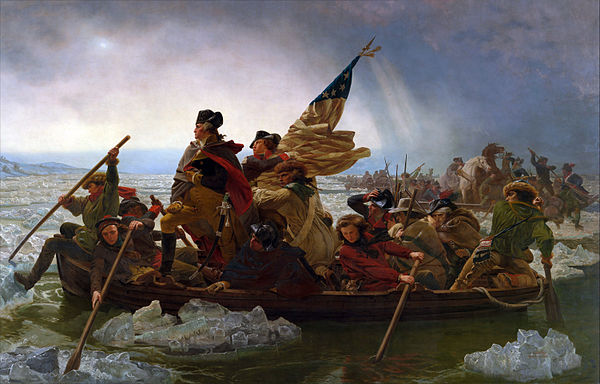|
Colleagues,
The word “power” has appeared many times in the last two daily posts, so let’s look at it more closely. The various definitions of power usually include the ability to influence, making the definition of leadership and power almost synonymous. Interestingly, in my many years of preparing school leaders, the idea of wielding power was perceived by many to be a negative thing, but without power there is no leadership. My take on power has been strongly shaped by French and Raven who identified six bases of power:
Understanding the different power bases is critical to understanding the different ways to lead. Hierarchical leadership requires legitimate power. It also facilitates the use of reward and coercive power. Here is what is really exciting about the bases of power: With the exception of legitimate power, all the bases of power are accessible regardless of the positions we hold! In other words, the ways of exercising power are open to all of us and to everyone else! You don’t need to be in a hierarchical position to lead! Tomorrow we will look at actions and mindset. Do good and be well, Frederick
0 Comments
Colleagues,
A leader cannot be all things and have all skills, yet we often expect or yearn for such leaders. This is dangerous as it leads us to delude ourselves, to have unrealistic expectations, and to abrogate some of our own responsibility. There is not one type of leader that is better than the rest. There are many ways of leading and different contexts align to different ways of leading. However, I need to answer Mara’s question. What makes a leader?
Note that these things don’t necessarily make a “good” or “effective” leader. Three things that are essential to my vision of “good” leadership are:
So, Mara and all of you readers, what makes a leader is a willingness to use power to influence others to achieve a specific outcome. What helps make a good leader is using this power to also enhance the capacities of the people being led and to continually grow the self as well. Most of us hold strong ideas about leadership. If you think I really missed something, or if something here really resonated with you, please let me know! You can email me here. Do good and be well, Frederick Colleagues, When my daughter, Mara, asked me 10 questions about leadership, her very first one was “what makes a leader?” My friend and mentor, Jacque Jacobs, told me “driving 35 in a 65 with ten cars behind you doesn’t make you a leader.” If a line of people following you doesn’t make you a leader, what does? There are thousands of books on leadership, spanning thousands of years across hundreds of civilizations. From the time humans could write, they have been writing about leadership, leading, and leaders.
One of the cultural challenges we face in the United States is that we have a narrow view of what makes a leader. We generally think of a leader as being the visionary who is out in front, inspiring the people following him.
The problem with this construct is that it leaves out so much. This is just one type of leadership, sometimes referred to as heroic leadership. But there are many more ways to lead. A couple of weeks ago we looked at the idea of wu-wei, doing without doing (or leading without leading). There are other forms as well. Tomorrow we’ll continue to look at what makes a leader. Do good and be well, Frederick Colleagues,
Beginning next Monday, we’ll begin digging into Mara’s list of leadership questions. Today, we’ll do some coaching. I consistently refer to the 5-minute coaching protocol and I wish I could demonstrate it with everyone, but I can’t in an email. I can’t, but maybe we can! Please take the 5 minutes you would normally spend reading this email and instead reply to me with 1-3 bullet points for each question:
Please respond, I promise it will be worth your while. Just click reply. Do good and be well, Frederick Hi all,
I’m Mara, and on Tuesday, you were sent an email with a long list of my questions about leadership. Yesterday’s email recognized two themes in my questions, both of which focus on expanding the definition of what it means to be a leader. If you missed these emails, I suggest giving them a glance before continuing. So, why do I ask these questions? As I approach graduation in May, I feel a heaviness of not knowing what our world will look like, and what my options will be. Thinking about past jobs and possible future employment, I come back to one thing: will my bosses be good leaders and create a healthy, beneficial work environment? After having jobs in multiple industries, I have always been left with frustration about lack of leadership and support. Why must I wait for the person at the top of the chain to lead me? How can I, just an employee, be a leader and support others? Why is it just one person? Can’t there be multiple leaders? To me, it seems impossible to put all these tasks on one person and expect to have a productive and positive workplace. Can’t there be someone who demonstrates the work ethic that is needed? Another one that can communicate with everyone, on all tiers, and know the needs of others and share that? And another that can encourage peers and give them the space to expand their own skills and knowledge? So, if a leader is to do all of these things, yet it is quite impossible, why not change the definition of what a leader is? Why not change the narrative of the leader being the most skilled, the most experienced, the most educated… Share light and reflect often, Mara |
Categories
All
Archives
July 2024
|



 RSS Feed
RSS Feed